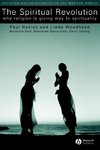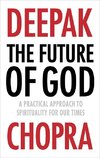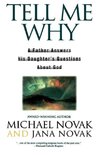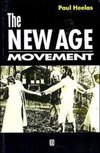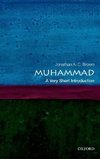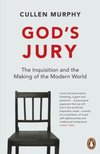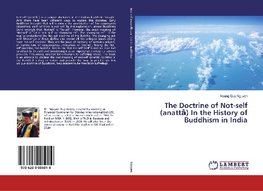
-
 Anglický jazyk
Anglický jazyk
The Doctrine of Not-self (anatta) In the History of Buddhism in India
Autor: Hoang Quy Nguyen
Not-self (anatta ) is a unique doctrines in the Indian Buddhist thought. And there have been different ways to explain this doctrine. Early Buddhism thought that self is merely the combination of five aggregates (skandhas), each of them is not self. By this... Viac o knihe
Na objednávku
46.17 €
bežná cena: 51.30 €
O knihe
Not-self (anatta ) is a unique doctrines in the Indian Buddhist thought. And there have been different ways to explain this doctrine. Early Buddhism thought that self is merely the combination of five aggregates (skandhas), each of them is not self. By this explanation, almost Buddhists think wrongly that 'Not-self' is 'No-self'. However, the exact meaning of 'Not-self' is not a 'real self' or 'changing self'. The 'changing self ' is the way to understand the Not-self doctrine of the Buddha. The changing self with bhava¿ga or alaya vijñana can resolve all the unlogical issues arising from not-self doctrine. They are the issue of memory, of sa¿sara subject, of kamma law, of consciousness unification, of free-will. Raising the Not-self doctrine, the Buddha likes to say that the self itself is not an issue but to attach to this self and considering it as an imperishable entity is a serious problem. This wrong concept leads humans to suffering realms. The book is an attempt to disclose the real meaning of not-self (anatta) doctrine in the Buddhist history in Indian and provide the way to practise on this unique doctrine of Buddhism, help readers to be free from sufferings.
- Vydavateľstvo: LAP LAMBERT Academic Publishing
- Rok vydania: 2019
- Formát: Paperback
- Rozmer: 220 x 150 mm
- Jazyk: Anglický jazyk
- ISBN: 9786200005014

